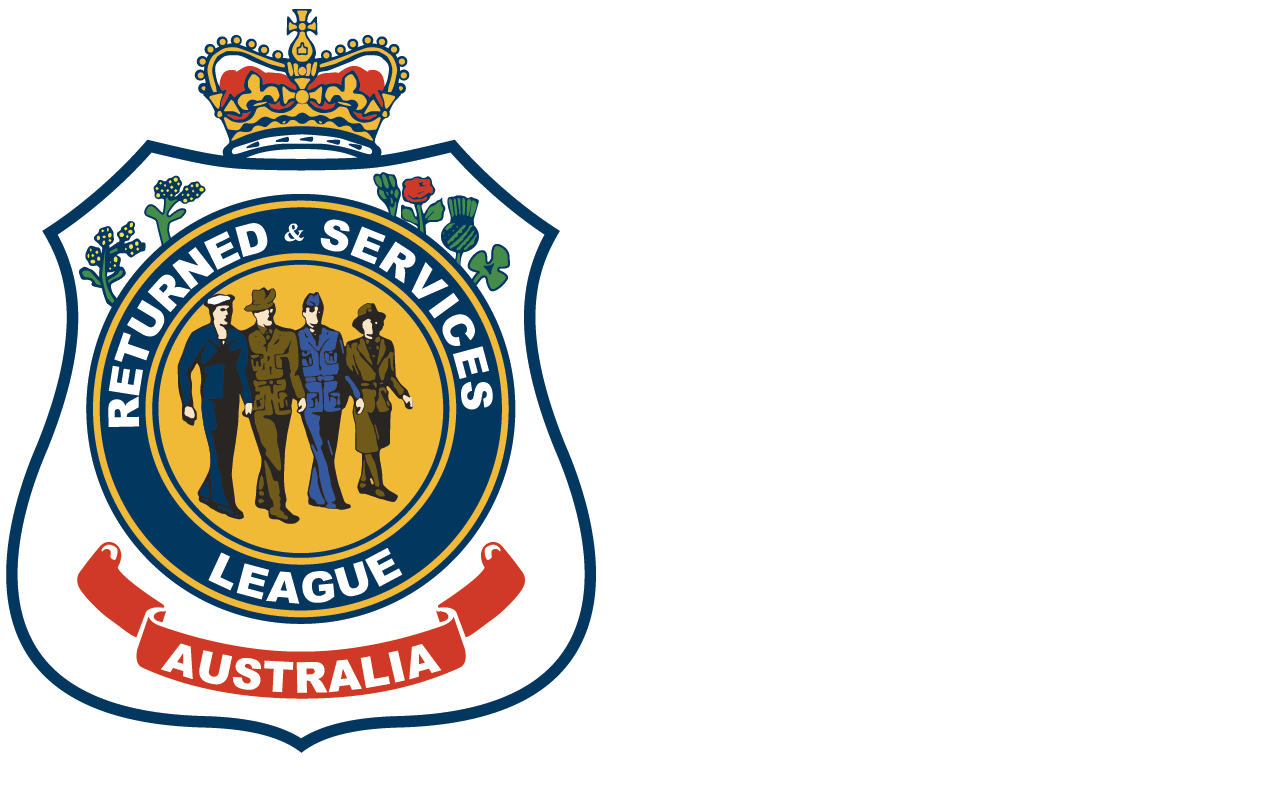Adult study tips for veterans
As a veteran, transitioning from military life to civilian life can be a challenging experience. For many, the pursuit of higher education can be a fulfilling and meaningful path towards a successful civilian career. However, returning to study as an adult learner comes with its own unique set of challenges.
For one-on-one support during this exciting journey, reach out to the RSL Veterans’ Employment Program. From career mapping to financial assistance, there’s lots of ways we can help. Scroll to the bottom of the article to read more.
In the meantime, this article provides tips on how to succeed in education after service and make the most out of your academic journey.
TIP #1: SET REALISTIC GOALS
Before starting your educational journey, it's important to set realistic goals and prioritise your time. As an adult learner, you likely have many responsibilities outside of studying, such as work and family obligations. To avoid burnout, set clear academic goals and break them down into manageable steps. Create a schedule that includes dedicated study time, and make sure to stick to it.
Prioritising your time will help you balance study and other responsibilities, while also allowing you to maintain a healthy work-life balance.
TIP #2: FIND YOUR LEARNING STYLE
Every individual has a unique learning style, and it's important to identify yours to optimise your academic success. Some individuals prefer visual aids, while others may benefit from hands-on learning. Knowing your learning style can help you adapt to different environments and course formats.
Additionally, adapting to your environment is important, whether it be online or in-person classes. Make sure you have a quiet and organised study space, and take advantage of resources provided by the institution facilitating your study, such as tutoring services and academic advisors.
Read more about adult learning styles in this article from the College for Adult Learning.
TIP #3: BUILD A SUPPORT SYSTEM
Building a support system is crucial for success in education after service. This can include family members, friends, mentors, and fellow veterans. Connect with other veteran students on campus, join student organisations, and participate in campus events.
Seeking help when needed is also important, whether it be for academic or personal reasons. Many universities have resources available for veterans, such as counselling services. Don't be afraid to reach out for assistance when needed.
TIP #4: USE YOUR ADF EXPERIENCE AND SKILLS
Your ADF experience and skills can be a valuable asset in the classroom and beyond. You may be able to get credit for your military experience, such as leadership training and technical skills. This could make your course length shorter, so it’s worth asking the question.
Additionally, the discipline, organisation, and teamwork skills learned in the military can translate well into academic success. Use your experiences and skills to your advantage, and seek out opportunities that align with your career goals.
TIP #5: TAKE CARE OF YOUR HEALTH
Taking care of your physical and mental health is essential for success in education after service. Make sure to prioritise self-care, such as exercise, healthy eating, and adequate sleep. Additionally, many institutions offer mental health resources, such as counselling services and support groups. Don't hesitate to reach out for help if you're experiencing mental health challenges.
developing THE RIGHT TOOLS
Returning to study as a veteran can be a rewarding and fulfilling experience. However, it's important to prioritise your time, adapt to your learning style and environment, build a support system, use your military experience and skills, and take care of your physical and mental health. Pursuing education after service requires dedication, hard work, and the right tools.
By implementing these tips, you can set yourself up for success and achieve your academic goals. Remember that it's never too late to pursue education and further your career as a veteran. With perseverance and the right resources, anything is possible.
WHAT ADULT STUDY OPTIONS ARE AVAILABLE?
There are several adult study options available in Australia. Here are some of the most common types:
Vocational Education and Training (VET) courses: VET courses are designed to give students practical skills and knowledge in a particular industry or occupation. These courses are usually delivered by TAFE (Technical and Further Education) institutions or private registered training organisations (RTOs) and can lead to a range of qualifications, including certificates, diplomas, and advanced diplomas.
Higher Education: Higher education courses are delivered by universities and other higher education providers and offer qualifications such as bachelor's degrees, postgraduate diplomas, and master's degrees.
Short courses: Short courses are usually designed to give students specific skills in a short amount of time. They can range from a few hours to several weeks and cover a wide range of topics, including business, technology, and personal development.
Online courses: Many institutions offer online courses that allow students to study from anywhere with an internet connection. Online courses can range from short courses to full degrees and offer a flexible study option for busy adults.
Professional development courses: Professional development courses are designed to help students improve their skills in a particular area and can be beneficial for career advancement.
Community education: Community education courses are often offered by local councils or community centers and cover a wide range of topics, from cooking and gardening to art and music. These courses are generally low-cost and can be a fun way to learn something new.
It's worth noting that some institutions offer a combination of these options, such as TAFE institutions that offer both VET courses and higher education programs.
THE RSL VETERANS’ EMPLOYMENT PROGRAM CAN HELP
From career navigation guidance to finding and enrolling in courses (and even helping to cover some associated costs*), the RSL Veterans’ Employment Program can help with your study goals. The program is free for veterans and their families. Make your move today!
Want to see more content like this? Find resources for job-hunters here

